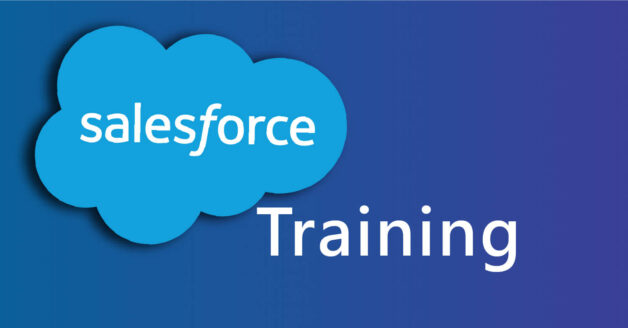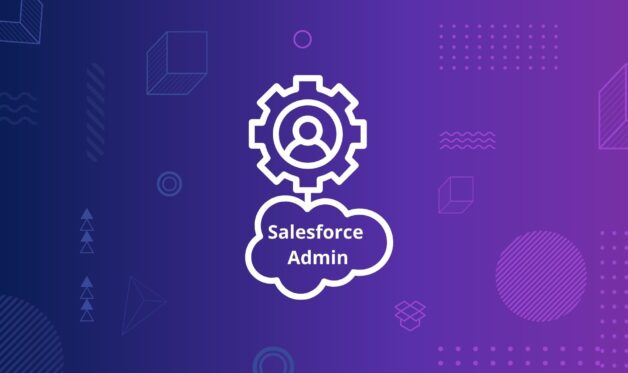
In the dynamic realm of Customer Relationship Management (CRM), Salesforce has emerged as a trailblazer, revolutionizing how businesses engage with their customers. As businesses continue to harness the power of Salesforce, the need for skilled administrators to manage and optimize these systems becomes paramount.
This article serves as a comprehensive Salesforce admin tutorial for beginners 2024, offering insights into building a strong foundation for CRM excellence.
Understanding the Role of a Salesforce Administrator
Before diving into the intricacies of Salesforce training, it’s crucial to comprehend the pivotal role played by a Salesforce administrator. In essence, a Salesforce administrator is the gatekeeper of the CRM system, responsible for its configuration, customization, and maintenance. Their duties encompass user management, data security, workflow automation, report generation, and more.
Why Salesforce Training Matters

Salesforce isn’t just a platform; it’s a powerful tool that when wielded correctly, can transform business operations and enhance customer experiences. Proper Salesforce training equips administrators with the skills to leverage the platform’s capabilities effectively. From managing user access and permissions to automating complex business processes, training empowers administrators to optimize Salesforce for their specific organizational needs.
The Benefits of Investing in Salesforce Training
- Efficiency Boost: A well-trained Salesforce administrator can streamline workflows and automate processes, reducing manual effort and increasing overall efficiency.
- Data Management: Training ensures administrators understand how to maintain data quality, preventing duplicates and inaccuracies that can hinder decision-making.
- Customization: Salesforce offers a high degree of customization. Training enables administrators to tailor the platform to match their organization’s unique requirements.
- User Adoption: Adequate training fosters user confidence and adoption. When employees are comfortable navigating Salesforce, they’re more likely to use it effectively.
- Problem-Solving: Training equips administrators with troubleshooting skills, enabling them to address issues promptly and maintain system integrity.
- Stay Current: The technology landscape evolves rapidly. Regular training ensures administrators are up-to-date with the latest Salesforce features and best practices.
Essential Components of Salesforce Admin Training

To become a proficient Salesforce administrator, beginners should focus on mastering these key areas:
Navigating the Salesforce Interface:
- Understanding the home screen, app launcher, and navigation menu.
- Customizing the layout for optimal user experience.
User Management and Security:
- Creating and managing user profiles and roles.
- Setting up data security through sharing rules and permission sets.
Data Management:
- Learning data import and export techniques.
- Implementing data deduplication strategies.
Customization and Automation:
- Creating custom objects and fields.
- Building validation rules and workflow rules for process automation.
Reports and Dashboards:
- Generating insightful reports to visualize data.
- Building dynamic dashboards for real-time monitoring.
AppExchange Integration:
- Exploring the AppExchange for third-party integrations.
- Installing and configuring apps to extend Salesforce functionality.
Staying Ahead with Salesforce Admin Tutorial for Beginners

As of 2024, Salesforce has continued to evolve, introducing new features and enhancements. For beginners, it’s essential to keep pace with these changes to harness the full potential of the platform. Here are some tips to stay up-to-date:
- Official Salesforce Documentation: Salesforce offers comprehensive documentation, including release notes and tutorials. Regularly refer to these resources to learn about new features.
- Trailhead Learning Platform: Salesforce’s Trailhead is a treasure trove of interactive modules and projects for hands-on learning. It’s a fantastic way to grasp new concepts while applying them in real scenarios.
- Online Courses and Webinars: Numerous online platforms provide courses tailored to beginners. These courses often include video tutorials, quizzes, and assignments to reinforce learning.
- User Communities and Forums: Engage with the Salesforce community through forums like the Trailblazer Community. You can ask questions, share insights, and learn from experienced administrators.
Conclusion
Salesforce training is the cornerstone of building a solid foundation for CRM excellence. As a beginner, understanding the role of a Salesforce administrator and the benefits of training is paramount. By investing in training and mastering essential components such as navigation, user management, data handling, customization, and reporting, beginners can confidently manage Salesforce systems.
Remember to stay current with the latest updates through official documentation, online courses, and community engagement. As you embark on your Salesforce journey, you’ll not only enhance your career prospects but also contribute to driving organizational success through efficient CRM management.
